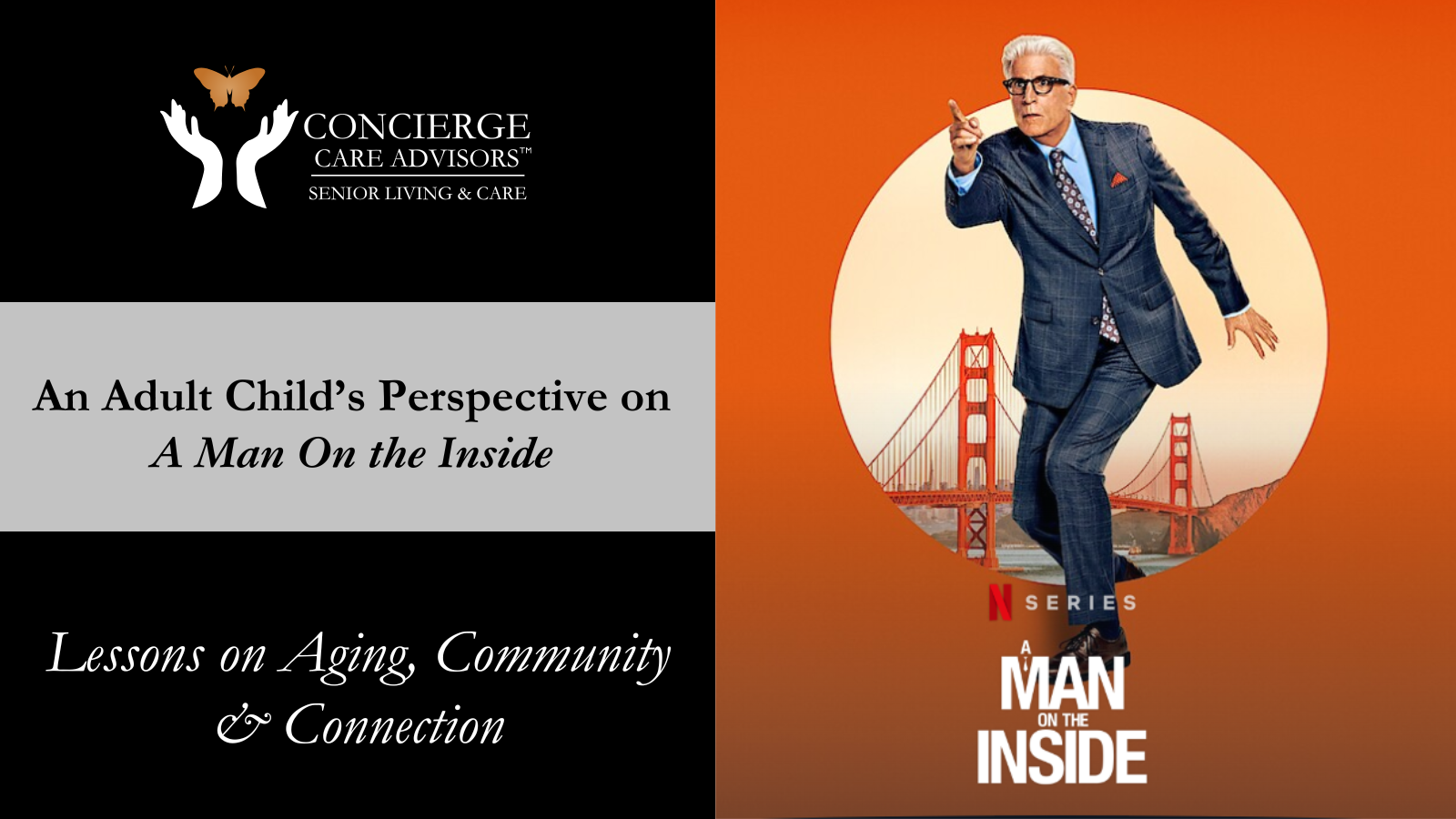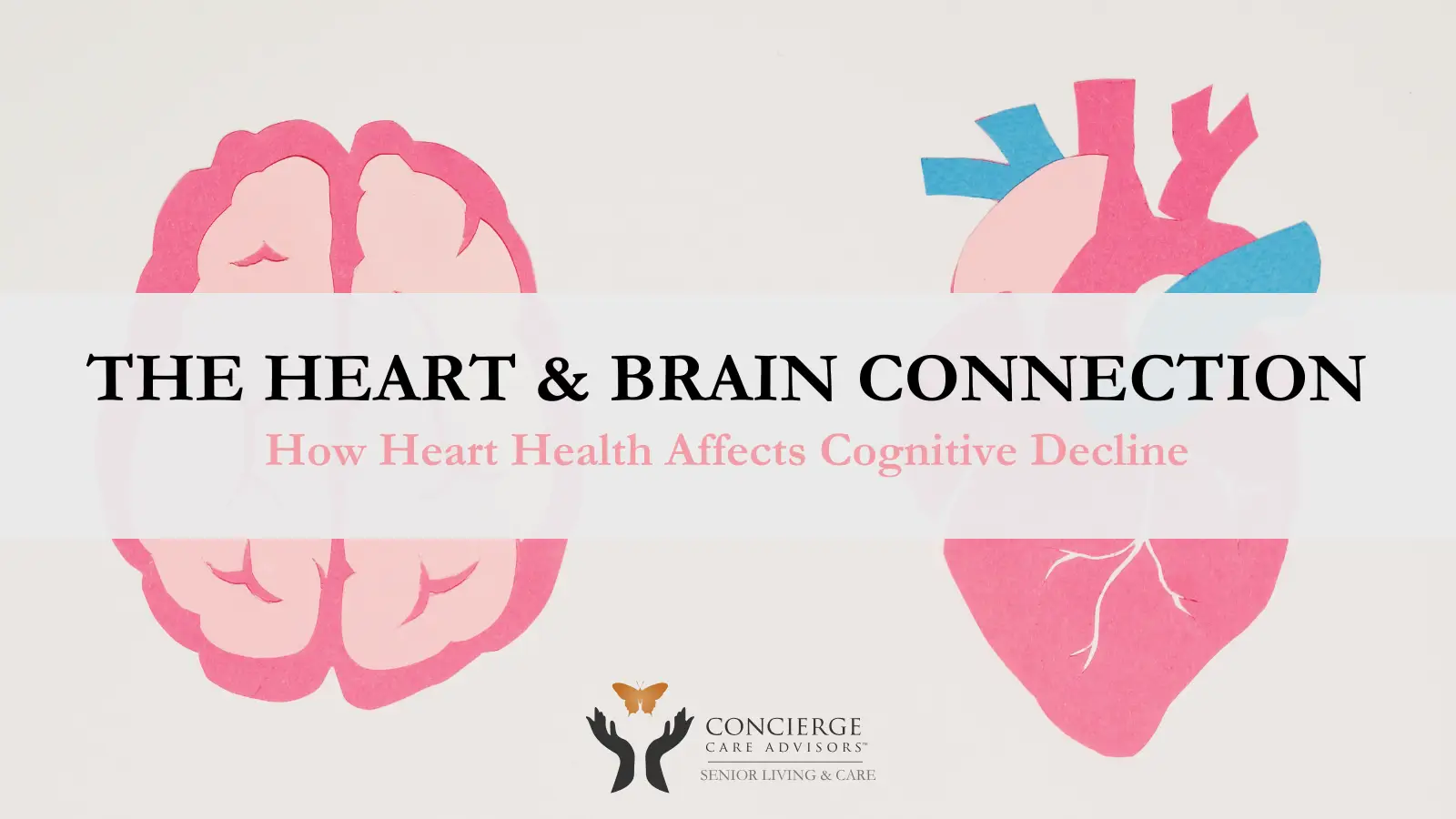The Widowhood Effect: Understanding and Supporting Widowed Seniors During the Holidays
The connection between grief and health is undeniable, and one of the most profound examples of this is the widowhood effect—a phenomenon where widowed spouses, particularly older adults, face an increased risk of passing away within a year of their partner.
Studies, including one by Dr. S.V. Subramanian at Harvard School of Public Health, highlight that 66% of widowed spouses pass away within the first three months of losing their partner. While the risk persists throughout the first year, the reasons behind this effect provide valuable insight into how families can help their loved ones navigate grief and find support.
Why Do Widowed Spouses Face Health Risks?
The widowhood effect stems from a combination of emotional and physical challenges that arise after the loss of a partner:
- Grief-Related Stress
Grief is a heavy emotional burden that can manifest physically, weakening the immune system and increasing susceptibility to illness. - Changes in Routine
For couples who shared caregiving responsibilities, household chores, or other daily tasks, the death of one partner disrupts established routines, leaving the surviving spouse feeling overwhelmed and unsure of how to manage alone. - Health Neglect
Widowed spouses may neglect their own health, skipping doctor’s appointments or forgetting medications as they cope with the loss. - Lack of Support
Social isolation is a common issue among grieving seniors. Without a robust support system, loneliness can exacerbate physical and mental health issues.
Supporting Widowed Seniors During the Holidays
The holidays can be an emotionally charged time for widowed seniors, filled with memories of their late spouse. However, it’s also an opportunity for families to provide meaningful support.
1. Create New Traditions
Instead of revisiting old traditions that may intensify grief, consider hosting Thanksgiving in a new location or introducing fresh elements to the celebration. This shift helps reduce nostalgic triggers and allows the senior to focus on creating new, positive memories.
2. Surround Them with Family and Friends
Connection is key. Being surrounded by loved ones offers emotional support, reduces loneliness, and reminds the senior they are valued and cared for.
3. Encourage Small Steps Toward a Routine
Help the senior reestablish a manageable daily routine. Small, consistent activities like morning walks, shared meals, or participation in family events can restore a sense of purpose and normalcy.
How Concierge Care Advisors Can Help
At Concierge Care Advisors (CCA), we specialize in providing compassionate support and tailored solutions for seniors and their families. Whether it’s navigating senior housing options, finding a memory care community, or building a network of support for widowed seniors, our Advisors are here to guide you every step of the way.
This holiday season, if you’re concerned about a widowed loved one, reach out to us for personalized advice and resources to help them thrive.
Contact us today to learn how we can make a difference for your family.






















